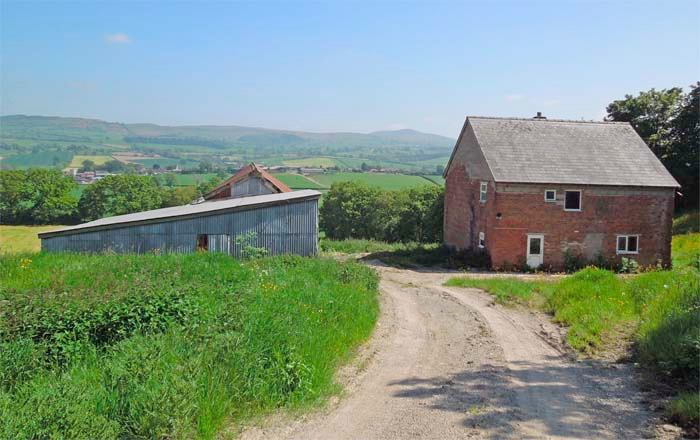
The Government’s planned road improvements to roads in the south and south-west, in particular those to the A272, A358 and the, much talked about, A303 which propose to remove existing pinch points from Amesbury heading west, are long overdue and hugely welcomed.
But for farmers and landowners who will be directly affected either via the compulsory acquisition of land and or the depreciation in value of their property it is essential to understand the scope of compensation due.
Any landowners or farmers who lose land under a Compulsory Purchase Order (CPO) might be surprised to know that the compensation due extends far further than simply the loss of land. Claimants may also claim for other factors which may incur a direct cost, or cause a depreciation in the value of their property.
For example where a new road intersects a corner of a farm or parcel of land the landowner might expect to claim compensation for the following:
- Firstly the value of land taken. This is assessed at market value, assuming the scheme did not exist
- Isolated land on the other side of the road which may have lost value due to its separation from the main holding
- Reduced farming efficiency due to size and shape of fields affected by the new road
- Road noise and its impact on the value of the holding
- Costs incurred due to road diversions and difficulty accessing land whilst the works are undertaken
- Loss of crops and any future reduction in yields on the land that was taken
- Losses to commercial enterprises. Rural businesses are inherently diverse, and claims might include impacts on commercial sporting activities, or tourist attractions.
It is also possible to be materially affected when land is not actually acquired. Whilst not an exhaustive list the following may be eligible for compensation under the Land Compensation Act 1973: Noise pollution, vibration, smell, fumes, smoke, artificial light and the discharge onto land of any solid or liquid substances.
The proposed changes and resultant improvement in the accessibility to the South-West, for example, could help boost visitor numbers for on-farm tourism enterprises, which in turn could have a positive knock-on effect on local employment. This, combined with the compensation structure, should ensure that overall the benefits significantly outweigh the downsides but for those individuals and businesses who are materially affected such schemes can have a major impact and a proper understanding of the potential compensation is important if they are not to lose out.
